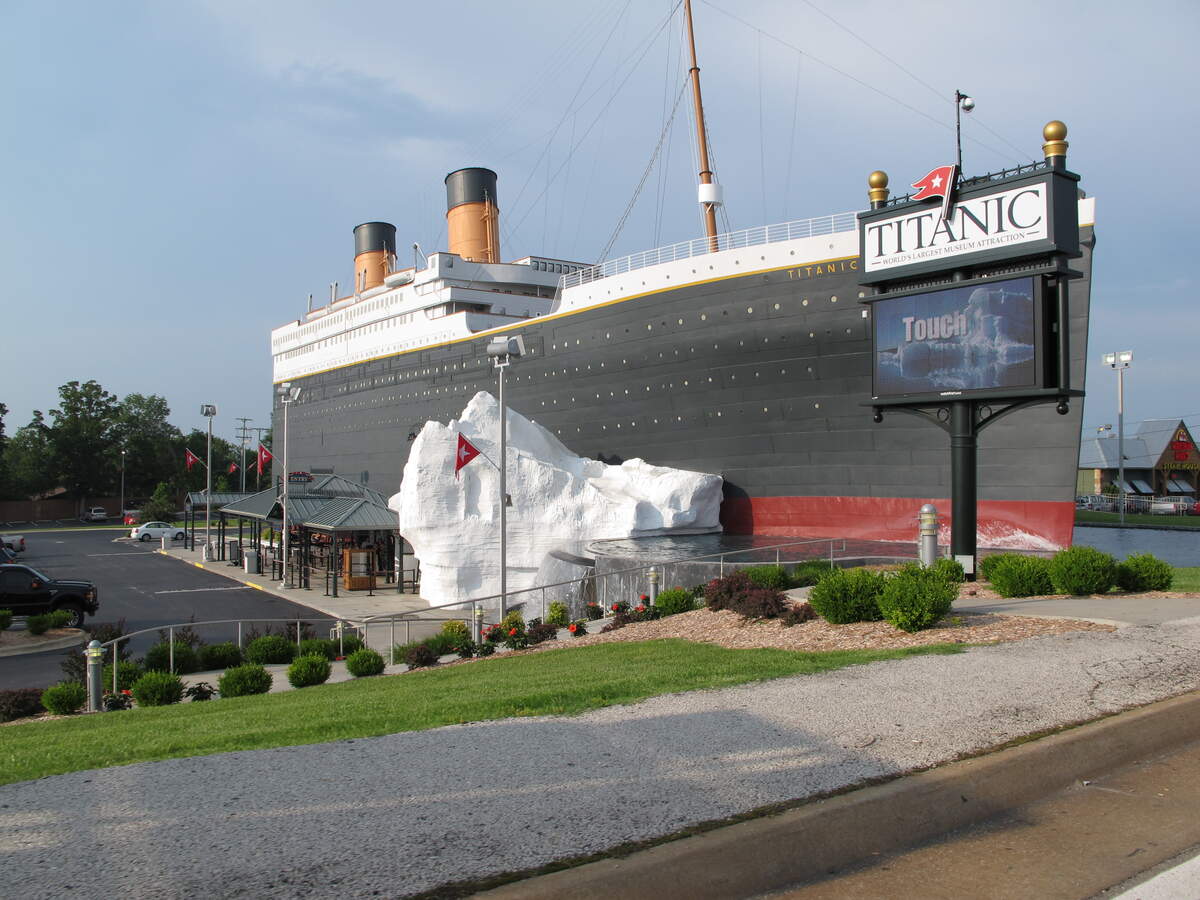
Ever wondered why April 15th holds a special place in the hearts of history buffs and maritime enthusiasts worldwide? Titanic Remembrance Day marks the anniversary of the tragic sinking of the RMS Titanic in 1912, a maritime disaster that has captivated imaginations for over a century. This day is not just about remembering the over 1,500 souls who lost their lives in the icy waters of the North Atlantic; it's also about honoring the enduring legacy of the Titanic. From tales of heroism to the groundbreaking advancements in safety protocols that followed, Titanic Remembrance Day serves as a poignant reminder of humanity's resilience in the face of catastrophe. So, grab your life jackets as we set sail into the history and heartache of one of the most infamous shipwrecks in human history.
Key Takeaways:
- Titanic Remembrance Day on April 15th honors the lives lost in the tragic sinking of the RMS Titanic in 1912, reminding us of the importance of maritime safety and the bravery of those on board.
- The legacy of the Titanic extends beyond its engineering failures, inspiring books, films, and discussions that continue to captivate and educate people about the human stories behind historical events.
What is Titanic Remembrance Day?
Every year on April 15th, people around the world observe Titanic Remembrance Day. This day is dedicated to remembering the tragic sinking of the RMS Titanic in 1912, one of the deadliest peacetime maritime disasters in history. On this day, individuals honor the memory of over 1,500 passengers and crew who lost their lives in the icy waters of the North Atlantic.
Why Do We Commemorate This Day?
-
Commemorating Titanic Remembrance Day serves as a poignant reminder of human vulnerability and the importance of maritime safety. Despite the Titanic being deemed "unsinkable," its maiden voyage from Southampton to New York City ended in catastrophe, highlighting the need for advancements in safety protocols and emergency preparedness at sea.
-
Observing this day also allows us to pay tribute to the bravery and sacrifice of those on board, including passengers, crew, and the heroic musicians who continued to play as the ship sank. Their stories of courage, despair, and dignity in the face of disaster continue to move and inspire people worldwide.
How Did the Titanic Sink?
-
The Titanic struck an iceberg at 11:40 PM on April 14, 1912, and sank in less than three hours, by 2:20 AM on April 15. This catastrophic event was largely due to the ship's high speed in a dangerous ice field and the insufficient number of lifeboats on board.
-
Investigations after the tragedy revealed that the ship's hull plates buckled upon impact with the iceberg, allowing water to flood into the vessel. This, combined with the ship's compartment design, which was flawed and did not allow for full compartmentalization, led to the rapid sinking of the Titanic.
The Legacy of the Titanic
-
The sinking of the Titanic led to significant changes in maritime laws, including the requirement for ships to carry enough lifeboats for all passengers and crew. This tragedy also resulted in the establishment of the International Ice Patrol, which monitors icebergs in the North Atlantic to prevent similar disasters.
-
Titanic's legacy extends beyond its engineering failures and safety lessons. It has inspired countless books, films, and articles, making it an enduring symbol of human ambition, tragedy, and the quest for understanding our past.
How Do People Observe Titanic Remembrance Day?
-
Many people observe Titanic Remembrance Day by participating in ceremonies and services that honor the lives lost. These events often include moments of silence, the reading of names, and the laying of wreaths in the water.
-
Museums and historical societies may host special exhibitions or educational programs about the Titanic, its passengers, and crew. These events aim to educate the public about the ship's history and the lessons learned from its sinking.
-
Some individuals choose to watch documentaries or movies about the Titanic, read historical accounts, or engage in discussions online to reflect on the impact of this tragedy.
Titanic in Popular Culture
-
The story of the Titanic has captivated the imagination of people around the globe. James Cameron's 1997 film "Titanic" brought the tragic tale to a new generation, blending historical facts with a fictional love story. The movie became one of the highest-grossing films of all time and won 11 Academy Awards.
-
Beyond films, the Titanic has been the subject of numerous books, documentaries, and TV shows, each offering different perspectives on the disaster. From technical analyses of the ship's design to personal stories of the passengers, the Titanic continues to fascinate and educate.
-
Titanic Remembrance Day reminds us of the human stories behind historical events. It encourages reflection on the lessons learned from the past and the importance of remembering those who have gone before us.
Reflecting on Titanic's Legacy
Titanic Remembrance Day isn't just a day to recall a tragic event in history; it's a moment to honor the lives lost and reflect on human courage and resilience. Through stories of survival, heroism, and the spirit of exploration, we're reminded of the importance of safety and innovation in our ventures. Acknowledging this day helps keep the memory of the Titanic alive, ensuring that the lessons learned from its sinking continue to influence maritime practices and safety regulations today. So, as we remember the RMS Titanic, let's also celebrate the advancements made since that fateful night. It's a powerful reminder of how tragedy can inspire progress and change, making the seas safer for everyone who dares to explore them.
Frequently Asked Questions
Was this page helpful?
Our commitment to delivering trustworthy and engaging content is at the heart of what we do. Each fact on our site is contributed by real users like you, bringing a wealth of diverse insights and information. To ensure the highest standards of accuracy and reliability, our dedicated editors meticulously review each submission. This process guarantees that the facts we share are not only fascinating but also credible. Trust in our commitment to quality and authenticity as you explore and learn with us.


